The article is developed in partnership with BetterHelp.
Being mentally healthy is important for leading a fulfilling life. It’s also just as important as maintaining physical health through physical activity, a healthy diet, good sleep hygiene, and optimal grooming habits. However, many people may find it difficult to pay attention to their mental health amid busy work schedules and endless responsibilities at home.
One benefit of smartphones is the proliferation of mobile apps that make it easier to keep up with important aspects of our health. The COVID-19 pandemic accelerated the use of telehealth technology, which can allow us to have conversations with our doctors no matter where we are located. It can also make it easier to have therapy sessions, as BetterHelp explains here.
Prioritizing your mental health is a worthwhile goal, and many smartphone apps can help you in that pursuit. Below, we’ll look at 10 mental health apps you may use to optimize your emotional, psychological, and social wellness. Keep in mind that apps alone may not provide you with as much relief as formal therapy, medication, or a combination of the two.
1. Headspace
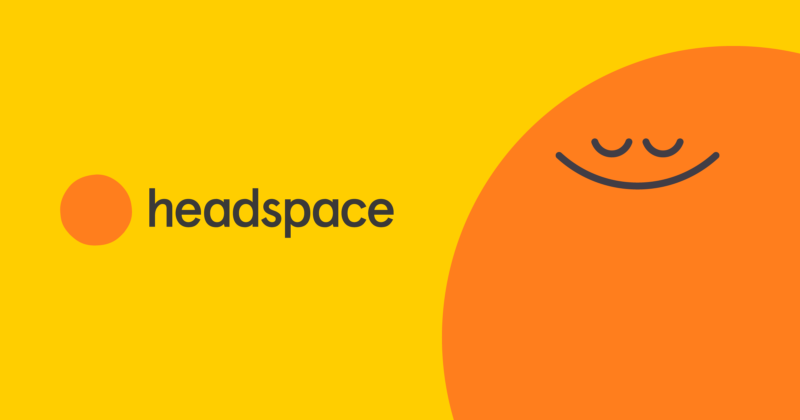
This popular mental health app offers short mindfulness and meditation exercises. It is a subscription-based app, but users can test out a few exercises for free before making a purchase. Headspace can be especially useful for beginners or people without advanced knowledge of meditation and mindfulness. Users may gain better stress management skills, memory proficiency, and self-awareness.
2. Calm
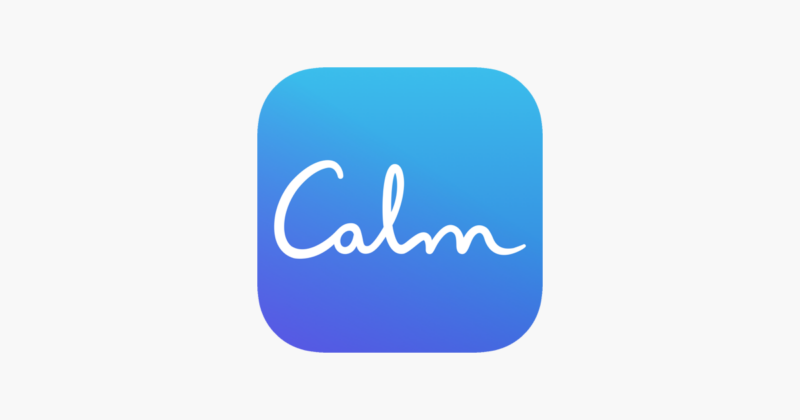
Like Headspace, Calm offers bite-sized guided meditation sessions for people who often lack time for mental health attention. Calm’s meditation packages are categorized so you can choose sessions that relate to whichever mental health challenge you’re experiencing—anxiety, personal growth, inner peace, sleep, and more.
The Sleep Stories is perhaps Calm’s most popular feature. These audio files consist of soothing narratives and peaceful sounds similar to those produced by white noise machines. Alleviating tension and stress are two primary goals of this mental health app.
3. What’s Up?
This app offers many features for free. What’s Up? is geared toward people who may benefit from CBT (cognitive behavioral therapy) or ACT (acceptance commitment therapy), which includes those living with depression or anxiety. CBT is designed to help people recognize unhelpful thought patterns that often lead to decreased mood and poor mental health.
ACT urges clients to recognize negative feelings and accept them as normal, routine sensations that do not have to rule their lives. What’s UP? features include breathing exercises, a mental health diary, forums to connect with other users, and a habit tracker. Some features require payment.
4. Buddhify
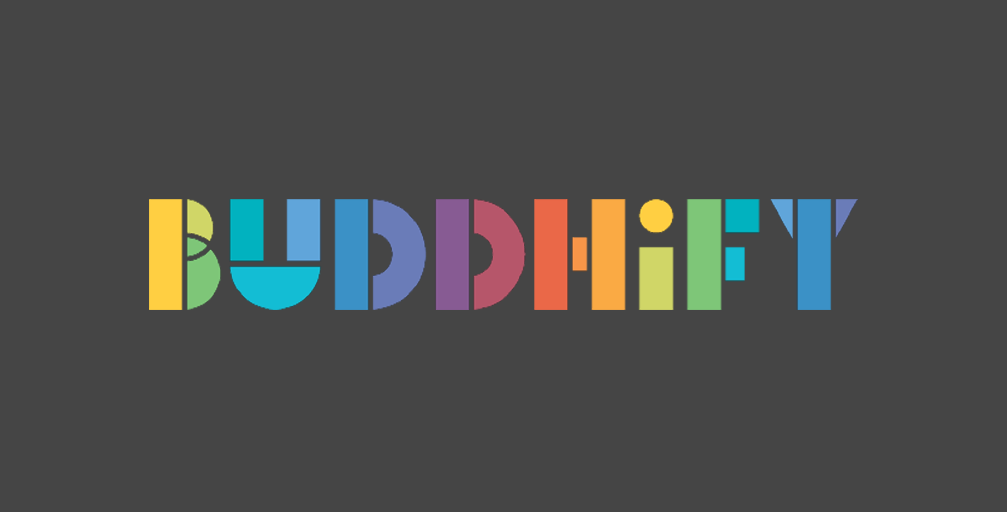
You don’t always have to be near a comfortable couch or dark room to meditate. Buddhify, one of the more affordable meditation apps available for smartphones, offers meditation sessions for a wide array of situations and headspaces. Some sessions may fit better into your morning routine, while others are appropriate for short commutes or your bedside table as you nod off to sleep. You can easily share meditations with friends or colleagues.
5. Talkspace
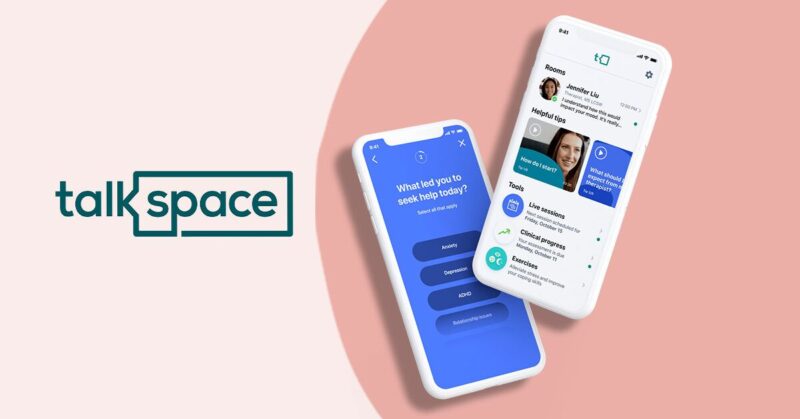
Talkspace was founded in 2012 and was one of the first apps to offer virtual therapy. This app can help you match with therapists who specialize in your area of concern and also offers couples therapy. Talkspace now offers medication management and psychiatric appointments, though these services may be harder to use.
Depending on your membership tier, you may communicate with your therapist through texting, audio messages, and video chats. You can message your therapist at any time and expect to receive a reply as soon as reasonably possible. Some health insurance plans cover a portion of Talkspace’s expenses.
6. Recovery Record
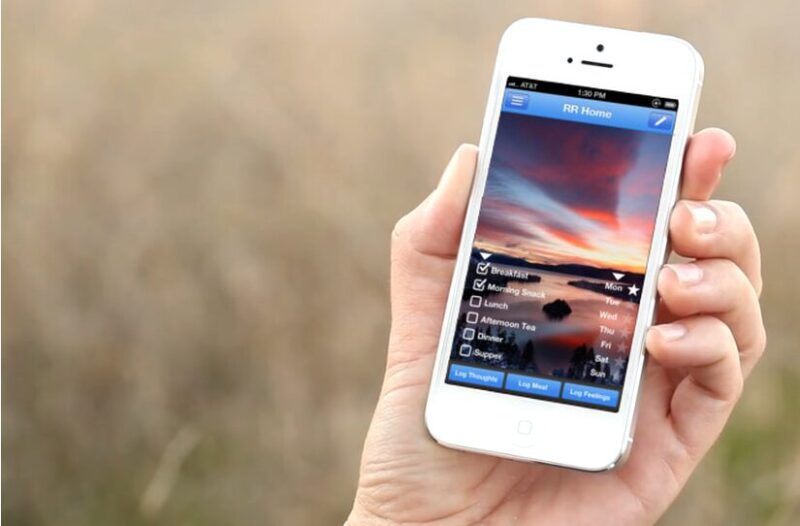
This free app is one of the most popular ones for people in treatment for eating disorders. It works best as a complement to treatment from licensed professionals. Some of the main features of Recovery Record are meal planning tips, a meal diary to jot down feelings and emotions as you work through treatment, and affirmations to cheer you on virtually.
7. NOCD
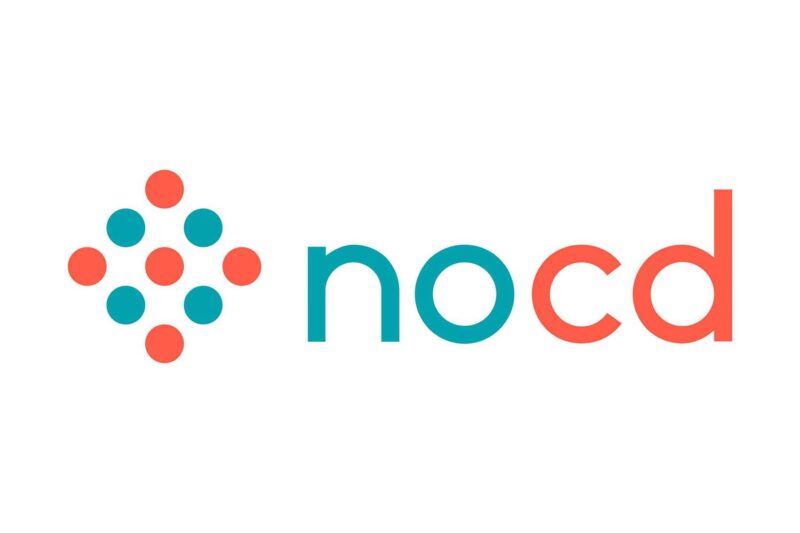
As you might have guessed, NOCD is a mental health app for people living with obsessive-compulsive disorder. Many people, depending on their specific NOCD plan, can connect with licensed experts about their compulsive thoughts and behaviors. Mental health professionals on the NOCD app are knowledgeable about ERP (exposure and response prevention) therapy.
ERP therapy, which is effective for many people with OCD, begins with light exposure to situations that produce negative thoughts and obsessive behavior. Doing this virtually can help ensure clients go at their own pace. Over time, clients learn skills to help them combat obsessive thoughts and manage potentially triggering situations.
8. I Am Sober
Those with a substance use disorder may become motivated to stop drinking alcohol. You can track the time you’ve spent without a drink on the app while accessing daily affirmations, relevant motivational quotes, and other interactive tools to aid your mission. You can also message other I Am Sober users and gain insights from those who have become sober with the app’s help.
I Am Sober also offers tools to help you focus on your long-term sobriety goals. The app’s reward system helps motivate users to follow through on milestones and benchmarks along the way.
9. Happify
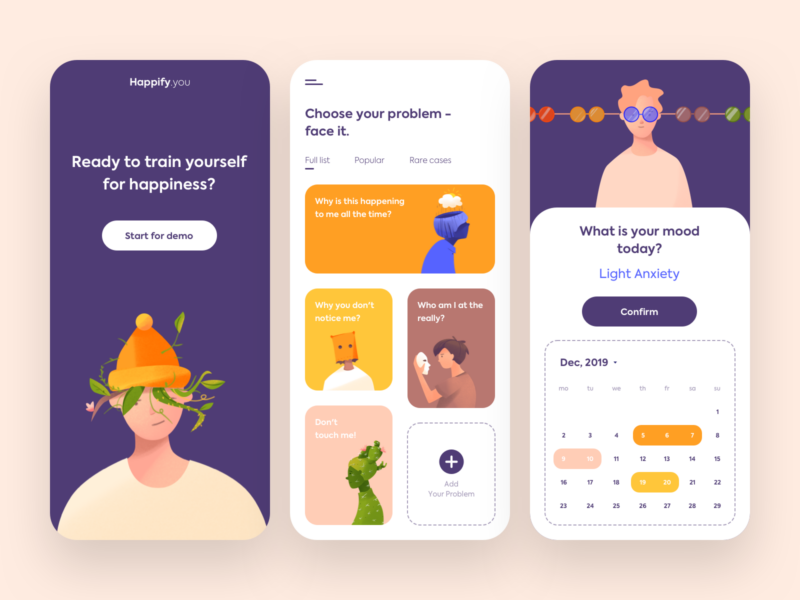
The Happify app is broadly marketed toward anyone who wants to improve their overall mood. It has free and paid versions with simple games and exercises modeled after CBT and other therapeutic interventions. You can choose from several tracks that can target excessive stress, mindfulness strategies, depressive symptoms, poor self-confidence, and uncertainty about careers.
Happify also offers a chat service to answer your questions as you interact with the content. During your Happify journey, you’ll receive relevant information about positive psychology to bolster the efficacy of the various activities and games.
10. Shine
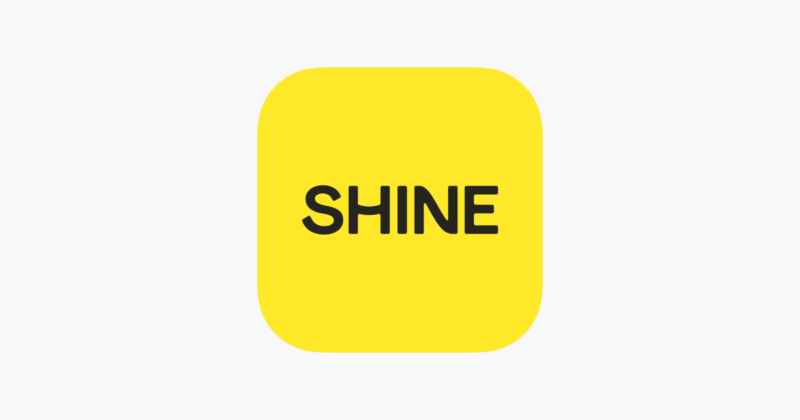
Shine is a mental health app designed for those in the BIPOC community. While progress has been made in providing accessible mental healthcare to people of all races, White people are disproportionately represented in many spaces. As such, apps like Shine offer interactive and effective virtual care to many diverse and underserved communities.
With an emphasis on recognizing systemic racism and the unique experiences of people in the BIPOC community, Shine provides educational workshops, mood-tracking tools, interactive forums, virtual meditation sessions, and mood-boosting audio packages.
Related Posts:
- 6 Things to Do If a Spouse is Refusing Mental Health…
- Mental Health: 5 Ways to Take Care of It - 2024 Guide
- The Impact Of Social Media On Mental Health
- The Impact of Exercise on Mental Health and Stress Reduction
- 5 Reasons Why Sex Dolls Are Useful for Human Mental Health
- Don’t use these apps on your iPhone; otherwise, you…








